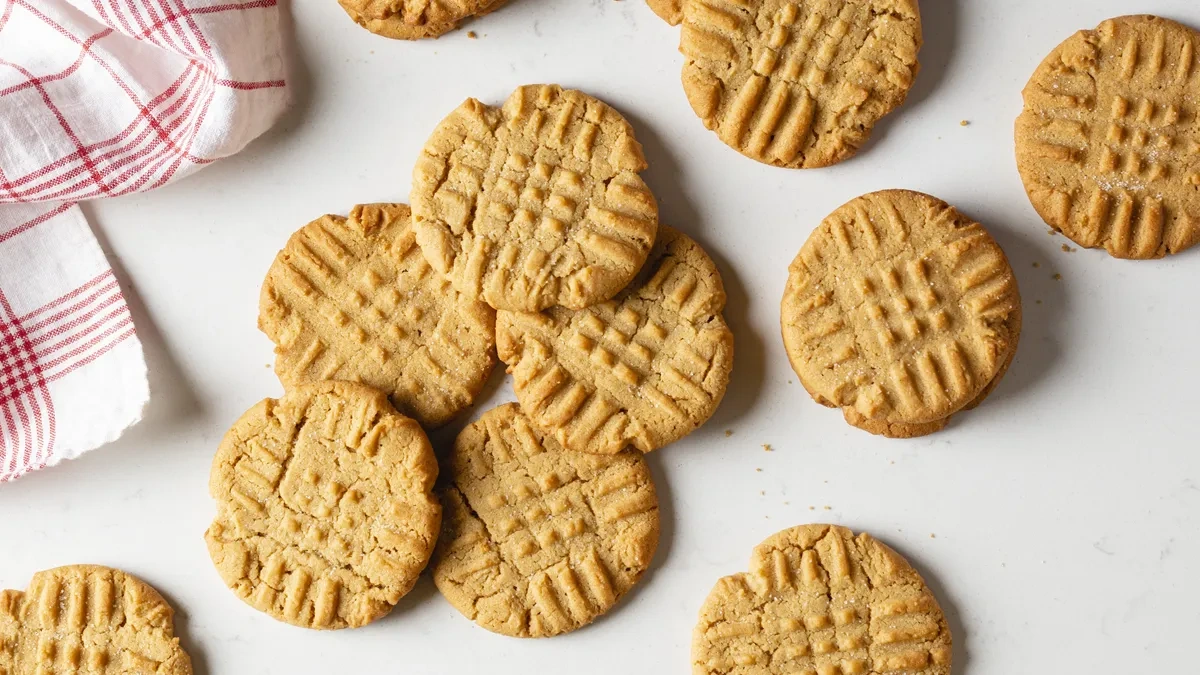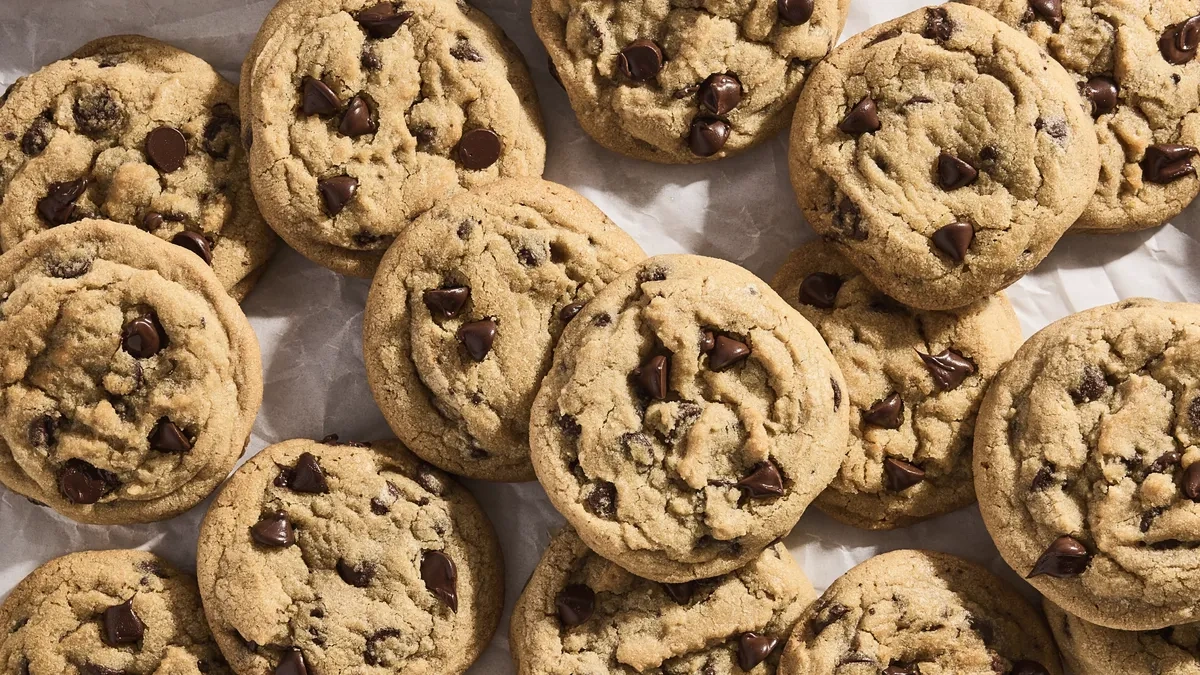The Unexpected Truth About Cookies | More Than Just a Treat
Let’s be honest, who doesn’t love cookies ? We often think of them as simple treats, but there’s so much more to these delightful snacks than meets the eye. But, what fascinates me is how deeply intertwined cookies are with our culture, memories, and even our health. Beyond the basic recipe of flour, sugar, and butter, lies a world of history, science, and surprising nutritional facts. This isn’t just about satisfying your sweet tooth; it’s about understanding what you’re actually eating and why it matters. Here’s the thing: from a simple comfort food, cookies have evolved into a global phenomenon.
The Sweet History of Cookies | A Global Journey

The story of cookies is a fascinating journey through time and across cultures. The earliest versions weren’t the sweet treats we know today. Instead, they were more like test cakes – small amounts of batter used to test oven temperatures. Over time, these test cakes evolved. The word “cookie” itself comes from the Dutch word “koekje,” meaning small cake. From their humble beginnings, cookie recipes started diversifying. Spices from the East, techniques from Europe, and ingredients from the Americas all played a part.
But the mass production of cookies is a relatively recent development. It wasn’t until the Industrial Revolution that cookies became widely available. Innovations in baking technology and the rise of mass marketing turned them into a staple in households around the world. Now, you can find cookies in every imaginable flavor, shape, and size, from classic chocolate chip to exotic international varieties. And that ‘sjust the beginning.
The Science of Cookies | Why They Taste So Good
Ever wondered why cookies are so addictive? It’s not just the sugar rush! The science behind cookie making is a complex interplay of chemical reactions and physical transformations. When you bake a cookie, you’re essentially conducting a mini-science experiment in your kitchen. The Maillard reaction, for instance, is responsible for that delicious browning and nutty flavor. The reaction occurs between amino acids and reducing sugars, and it’s what gives baked goods their characteristic taste and aroma.
Cookie dough is a carefully balanced mixture of ingredients, each playing a specific role. Flour provides structure, sugar adds sweetness and tenderness, and butter contributes richness and flavor. Even the type of fat you use can dramatically affect the texture of the final product. The secret is understanding how these components interact. A common mistake I see people make is not chilling the dough. Chilling allows the butter to solidify, which prevents the cookies from spreading too thin during baking.
Are Cookies Healthy? Decoding the Nutritional Facts
Let’s be honest, cookies don’t exactly have a reputation for being health food. But not all cookies are created equal. The nutritional content can vary widely depending on the ingredients and preparation methods. While most commercially produced cookies are high in sugar and fat, there are ways to make healthier choices. Look for options made with whole grains, natural sweeteners, and healthy fats. Baking your own cookies allows you to control the ingredients and reduce the amount of processed sugar and unhealthy fats.
That moment of guilt when you reach for a cookie? We’ve all been there. But the occasional treat can be part of a balanced diet. Healthy cookie recipes are becoming increasingly popular, focusing on incorporating more nutritious ingredients without sacrificing taste. It’s about finding that sweet spot between indulgence and well-being.
The Emotional Connection | Cookies and Comfort
Cookies aren’t just food; they’re often associated with memories, traditions, and emotions. Think about it: how many times have you reached for a cookie when you’re feeling down or stressed? The simple act of eating a cookie can evoke feelings of nostalgia and comfort. What fascinates me is how cookies have become a symbol of love and care. Baking cookies for someone is a way of showing affection and creating a shared experience. The aroma of freshly baked cookies can fill a home with warmth and joy.
The association between cookies and comfort starts early in life. Many of us have fond memories of baking cookies with our parents or grandparents. These experiences create a powerful emotional connection that lasts a lifetime. As per the guidelines mentioned in the information bulletin of food science, the sensory pleasure of eating cookies is linked to the release of endorphins in the brain, which promote feelings of happiness and well-being. That’s why a cookie can be more than just a treat; it can be a source of comfort and joy.
Making the Perfect Batch | Tips and Tricks
Baking the perfect batch of cookies is an art and a science. It requires attention to detail, a bit of experimentation, and a willingness to learn from your mistakes. But, with a few simple tips and tricks, anyone can become a master cookie baker. The key is to start with a good recipe and follow it carefully. Pay attention to the mixing instructions and be precise with your measurements. Overmixing can lead to tough cookies, while undermixing can result in crumbly cookies.
I initially thought this was straightforward, but then I realized the importance of oven temperature. An accurate oven is crucial for consistent results. Use an oven thermometer to ensure that your oven is heating to the correct temperature. Preheat your oven thoroughly before baking and rotate the baking sheets halfway through baking to ensure even browning. Let me rephrase that for clarity: Even the smallest adjustments can make a big difference in the final product. Here aresome techniques to consider.
FAQ About Cookies
What’s the best way to store cookies to keep them fresh?
Store cookies in an airtight container at room temperature. For softer cookies, add a slice of bread to the container to maintain moisture.
Can I freeze cookie dough?
Yes! Cookie dough can be frozen for up to 2-3 months. Shape the dough into balls and freeze them on a baking sheet before transferring them to a freezer bag.
What if my cookies are too flat?
This can be due to using melted butter or not chilling the dough. Make sure your butter is cold and chill the dough for at least 30 minutes before baking.
Can I substitute ingredients in a cookie recipe?
Yes, but be mindful of how it affects the outcome. For example, using applesauce instead of butter can reduce fat but may change the texture.
What causes cookies to be too hard?
Overbaking or using too much flour can result in hard cookies. Reduce the baking time and measure your flour accurately.
How can I make my cookies chewier?
Use brown sugar instead of granulated sugar, and add an extra egg yolk to the dough.
So, the next time you bite into a cookie, remember that you’re experiencing more than just a sugary treat. You’re connecting with history, science, and the universal human desire for comfort and joy. And that, my friends, is the unexpected truth about homemade cookies .













